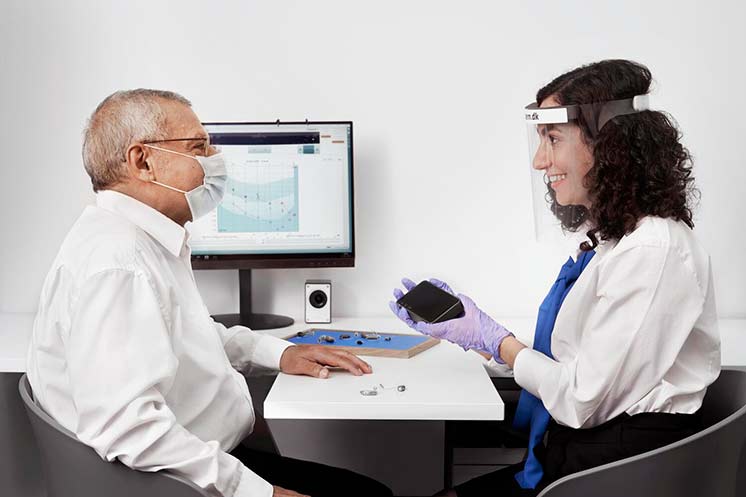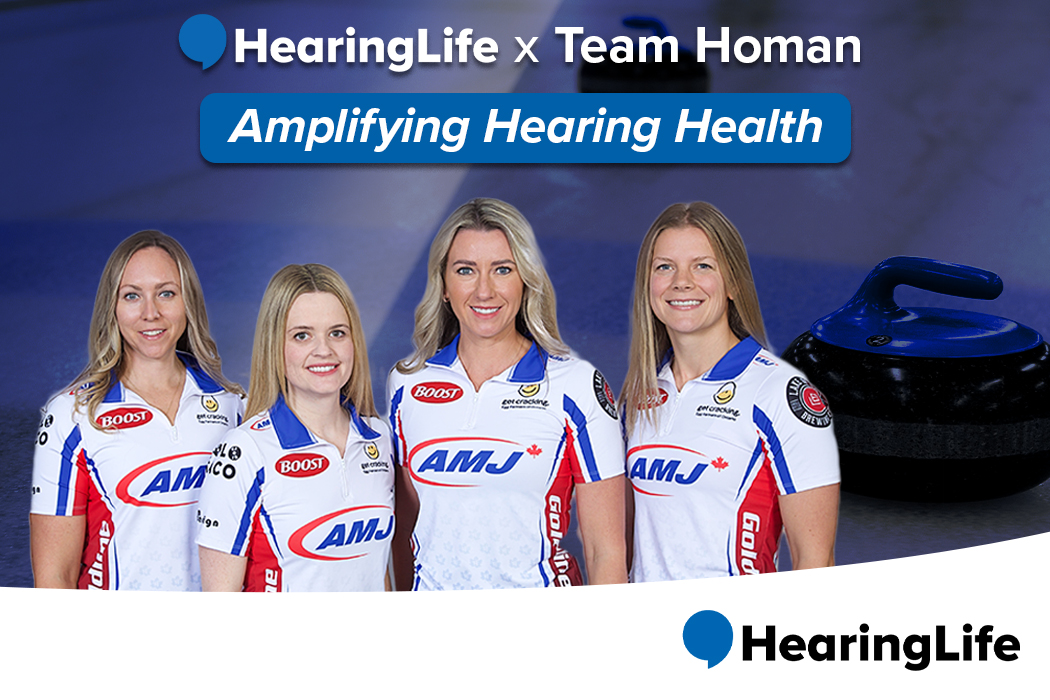So, you’ve decided to take a step towards better hearing and visit a hearing professional, only to discover many types of hearing professionals without knowing which one to choose!
What is the difference between an Audiologist, a Hearing Instrument Specialist, a Hearing Aid Practitioner, and an Ear, Nose and Throat Specialist (ENT)? What about a Hearing Aid Dispenser? One professional may be more ideal than the other, depending on your hearing needs.
We know—the many titles can be dizzying. Read below to see what their differences are and find out which hearing professional is right for you.
What is an audiologist?
Of all the types of hearing professionals, an audiologist has the highest credentials to identify, assess, and treat hearing disorders and provide comprehensive hearing care. A licensed audiologist has at least a master’s degree in audiology, and can contribute towards research on hearing loss prevention, and neural and balance disorders connected to hearing health. In addition to providing all the standard hearing healthcare services such as hearing testing, hearing aid fitting, and hearing health counselling, Audiologists are able to treat hearing conditions in all ages, from newborns to adults.
You may want to seek out an audiologist specifically if:
- You suffer from tinnitus
- You have vertigo
- You are under the age 19
- You have a more complex hearing disorder
- You have earwax buildup
Hearing Instrument Specialists and Hearing aid Practitioners

Some HearingLife Canada clinics have Audiologists, others have licensed Hearing Instrument Specialists or Hearing Aid Practitioners. For many of those who have hearing loss, a Hearing Instrument Specialist (the title in Ontario,) or Hearing Aid Practitioner, (the title everywhere in Canada aside from Ontario,) is perfect in meeting their hearing care needs.
These hearing professionals have a college diploma, completed over two to three years. They are licensed to perform hearing tests on those over the age of 19, dispense and fit hearing aids, and recommend an appropriate hearing instrument solution. They are not licensed to diagnose or treat hearing disorders.
A Hearing Instrument Specialist or Hearing Aid Practitioner may be just what you are look for if:
- You are over the age of 19
- Your hearing loss can be treated with hearing aids
- You have no other hearing health related condition
- You have age-related hearing loss
Hearing Aid Dispensers

Similar to Hearing Instrument Specialists, Hearing Aid Dispensers can perform hearing tests and provide aftercare to hearing aid users. They focus on improving and maintaining your satisfaction specifically with your hearing aids.
A Hearing Aid Dispenser may be ideal for you if:
- You are looking for the hearing aid best suited to your lifestyle, budget, and needs
- You are over the age of 19
- Your hearing loss can be treated with hearing aids
- You have no other hearing health related conditions
- If your hearing issues cannot be treated with hearing aids, you may be referred to an ENT
ENTs provide medical and surgical treatment of hearing and nerve related disorders. To no surprise, they specialize in the connected workings of the ear, throat, and nose. Stuffiness, dizziness, nerve pain and tinnitus are examples of symptoms that an ENT may be able to treat.
For an Audiologist or any hearing professional that isn’t an ENT, you do not need a doctor’s referral. HearingLife Canada offers free hearing tests and hearing appointments that you can book directly online or by calling to help you take the first step to better hearing.
Book a free, no obligation appointment with us to discuss your hearing concerns and learn what solutions may be available to you.
Book free consultation





